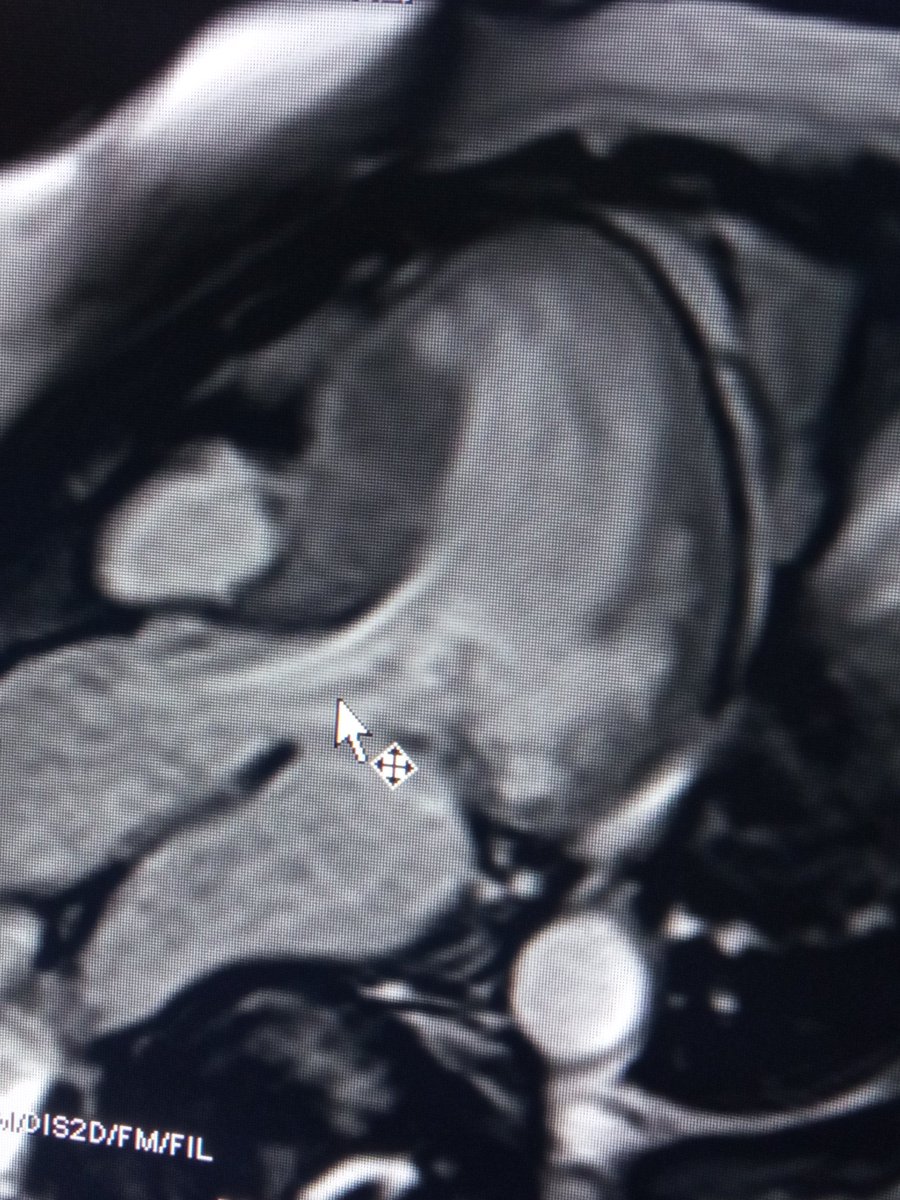
MD, Cardiologist. Prev. CMR clinical research fellow @GoetheCVI
Associate Editor #EHJCaseReports
#WhyCMR Level 3 EACVI
#echofirst #Takotsubo #Europe
How to get URL link on X (Twitter) App


 2/ Bright area in the LV septum/anteriore wall, seen already from trufi scout ... #WhyCMR
2/ Bright area in the LV septum/anteriore wall, seen already from trufi scout ... #WhyCMR 
https://twitter.com/ramella_sociol/status/14913163235401605141/ Premessa - “Nell’università italiana il reclutamento segue nei fatti logiche slegate dai regolamenti concorsuali ”